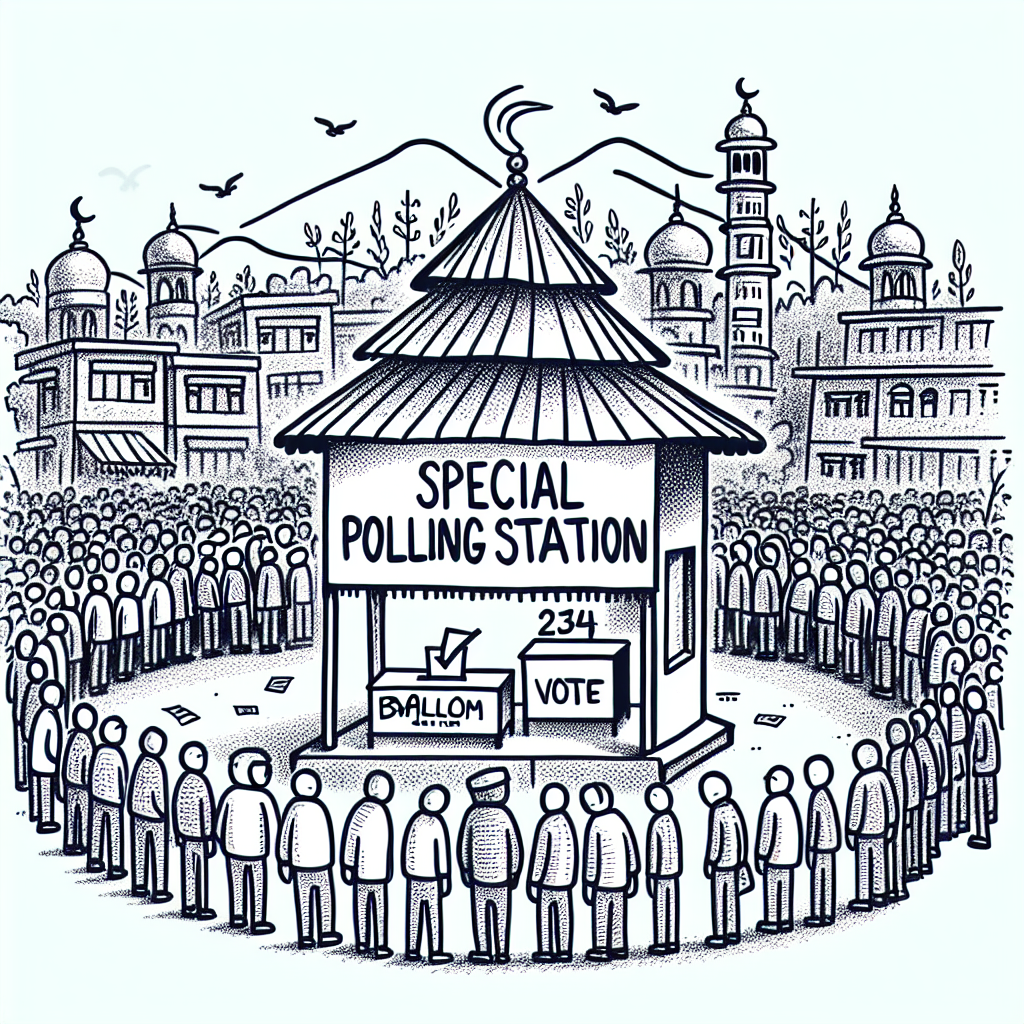Sri Lanka's Political Turning Point: A Snap Election's Impact on Economic Recovery
Sri Lanka's snap general election could expand President Anura Kumara Dissanayake's legislative power amid economic recovery efforts. The election will decide if his leftist coalition can secure a parliamentary majority to implement key reforms. Failing this, a policy logjam could threaten the country's financial stability.

Sri Lanka commenced the counting of votes from a snap general election, a crucial event set to determine whether the newly elected leftist President Anura Kumara Dissanayake will gain the legislative power needed to lead the country out of its financial crisis.
Approximately 17 million eligible voters in Sri Lanka participated in electing lawmakers to the 225-member Parliament for a five-year term. Amid a field of 690 political parties and independent groups, voter turnout hovered around 65%.
Dissanayake's coalition might gain significant support, potentially enabling the implementation of critical welfare measures and anti-corruption policies. However, a victory for his rivals could trigger a legislative stalemate, hampering vital economic and constitutional reforms.
(With inputs from agencies.)
ALSO READ
India Champions Women-Led Development at G20 Parliaments Conference
Tribals, OBCs hardly in big corporate houses, judiciary; PM Modi silent when I demanded caste census in Parliament, claims Rahul Gandhi.
For many decades, Congress gave slogan of eradicating poverty but the poor remained dependent for food, clothes and shelter: PM Modi.
25 crore people have been freed from the clutches of poverty in a decade: PM Modi at election rally in Maharashtra’s Nashik.
Rescued Baby Highlights Severe Poverty in Tripura










